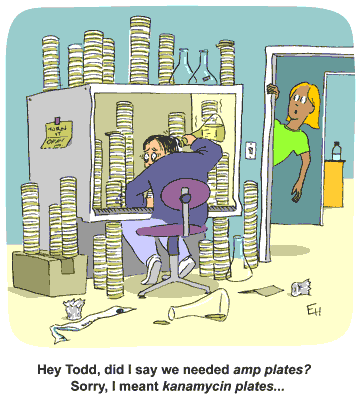
You check the clock. The time is 3:36 am and you’re barely a third of the way through the material on the 11:00 am cumulative exam. Stirring the film that has formed on top of your now-ice-cold latte, you contemplate leaving the library and heading home to a warm bed. After all, you know that the custodial staff comes around with a vacuum at 4:00 am and, like a cat, you just can’t handle the vacuum at this time of day.
You take another minute and reluctantly come to the conclusion that you should get back to work. As you pull your computer onto your lap once more, you hear the terrifying beep of a low battery signal. The battery is on 5% and you know very well there’s not a free outlet in a 2-mile radius. Without an outlet, your time in the library has come to an end.
This tiny little beep has led to my own personal defeat on multiple occasions, particularly during finals season. Continue reading “The Battle for the Wall Outlet”

